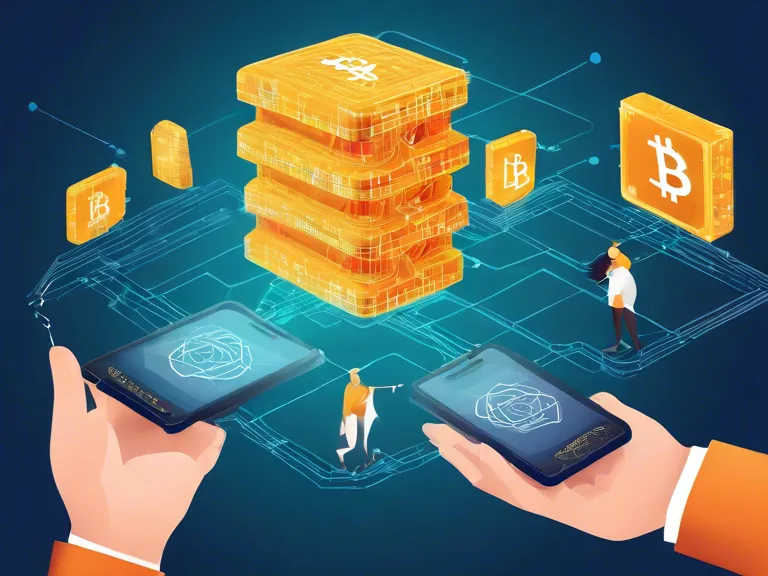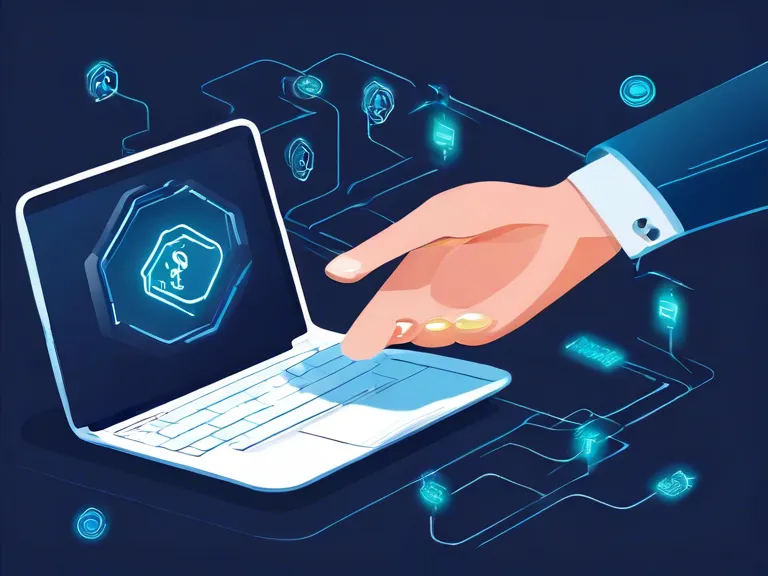
Blockchain technology has revolutionized the way we handle payments, enabling instant transactions that are secure and efficient. This article explores the role of blockchain in enabling instant payments and how it is transforming the traditional financial landscape.
Blockchain technology plays a crucial role in enabling instant payments by providing a decentralized and secure platform for transactions. Unlike traditional banking systems that rely on intermediaries to facilitate transactions, blockchain allows individuals to transact directly with each other in a peer-to-peer network. This eliminates the need for third parties and streamlines the payment process, resulting in faster and more efficient transactions.
One of the key features of blockchain technology that enables instant payments is its ability to confirm transactions in real-time. When a transaction is initiated on the blockchain, it is verified by a network of computers known as nodes. Once the transaction is validated by the majority of nodes, it is added to a block and recorded on the blockchain. This process happens within minutes, allowing for near-instant payments to be processed.
Furthermore, blockchain technology ensures the security of instant payments by utilizing cryptographic algorithms to encrypt and protect transaction data. Each transaction on the blockchain is recorded in a permanent and tamper-proof ledger, making it virtually impossible for fraud or unauthorized access to occur. This high level of security gives users peace of mind when sending and receiving instant payments.
In addition to security and speed, blockchain technology also offers cost-effective solutions for instant payments. Traditional payment methods often involve high fees and processing costs, especially for cross-border transactions. With blockchain, these costs can be significantly reduced as transactions are conducted directly between users without the need for intermediaries. This results in lower fees and faster settlements, making blockchain an attractive option for instant payments.
In conclusion, the role of blockchain in enabling instant payments cannot be overstated. Its decentralized nature, real-time transaction confirmation, security features, and cost-effective solutions make it a game-changer in the world of finance. As blockchain technology continues to evolve and gain widespread adoption, we can expect to see more innovations in instant payment systems that will further revolutionize the way we transact.



